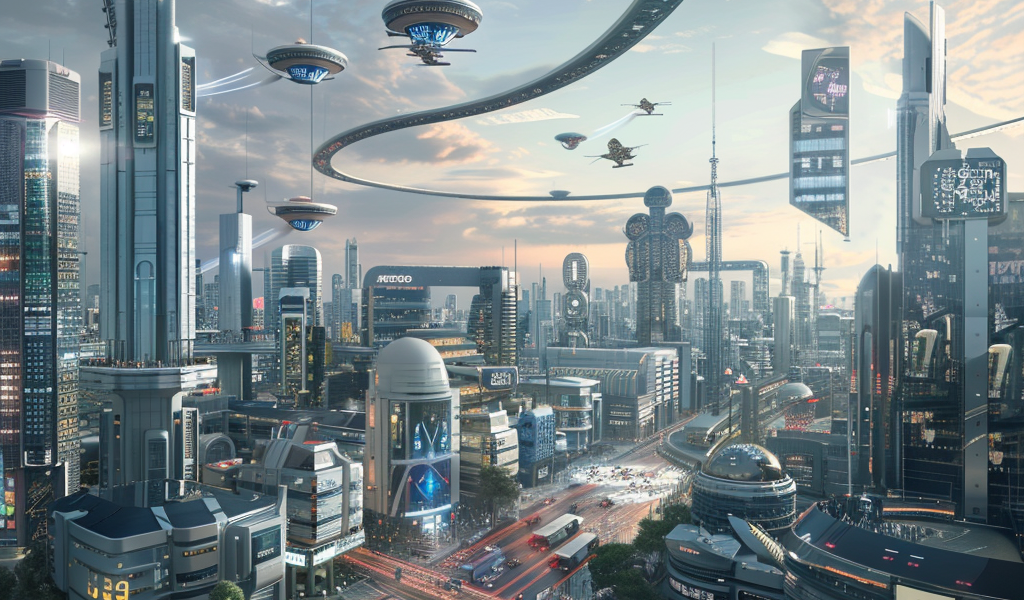Artificial Intelligence (AI) has been a buzzword in recent years, promising to revolutionize various aspects of our lives. From enhancing efficiency to transforming industries, the potential of AI seems limitless. But can AI truly change our material world?
AI applications are already making waves in fields such as healthcare, finance, and transportation. In healthcare, AI is being used to analyze medical images, predict patient outcomes, and even assist in drug discovery. Financial institutions are leveraging AI for fraud detection, risk assessment, and personalized customer experiences. Additionally, AI is playing a crucial role in the development of autonomous vehicles, optimizing routes, and improving safety on the roads.
One of the key advantages of AI is its ability to process vast amounts of data at speeds far beyond human capabilities. This enables AI systems to identify patterns, make predictions, and provide valuable insights that can drive decision-making. By harnessing the power of AI, businesses can streamline operations, reduce costs, and gain a competitive edge in the market.
However, the widespread adoption of AI also raises concerns about job displacement, data privacy, and ethical implications. As AI systems become more sophisticated, there is a growing need to address these challenges and ensure responsible AI deployment. Organizations must prioritize transparency, accountability, and fairness in AI development to build trust among users and stakeholders.
Despite the hurdles, the potential benefits of AI are undeniable. By embracing AI technologies responsibly, we can unlock new opportunities for innovation, economic growth, and societal progress. As AI continues to evolve, it is essential for policymakers, businesses, and individuals to collaborate in shaping a future where AI enhances our material world for the better.





